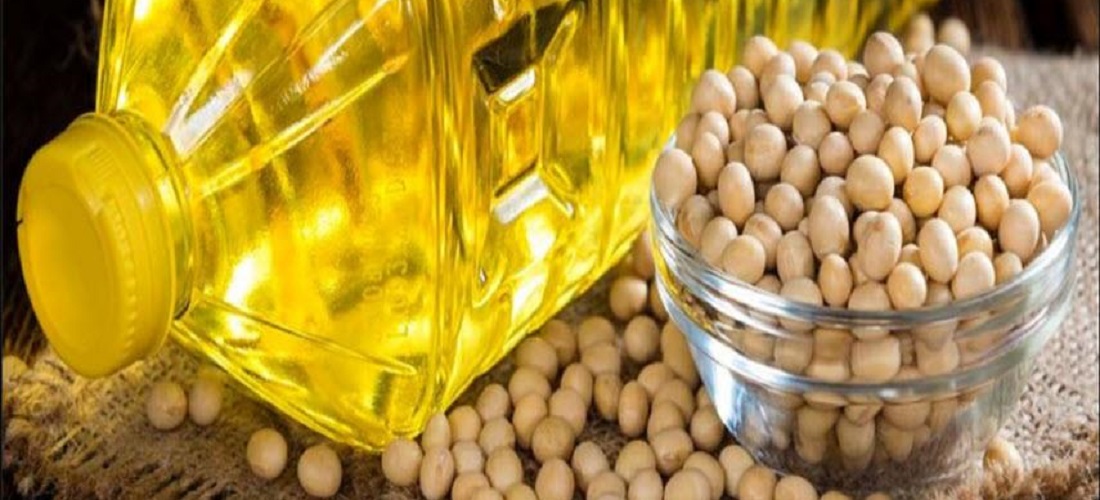
Argentina’s loss in soy oil exports due to Paraná river drought is Brazil’s gain
Jul, 20, 2020 Posted by Sylvia SchandertWeek 202029
Due to the Paraná river drought, which affected Argentina’s soy oil exporting capacity, Cattalini Terminais Marítimos, which handles almost 70% of Brazil’s soy oil exports through its facilities in the port of Paranaguá (PR), predicts a 25% increase in shipments this year.
With the historic reduction in the level of the Paraná River this year, ships leaving Argentina, the largest global exporter of oil and soybean meal, have to set sail with a smaller volume loaded, in order not to run aground. They often complete the shipment in Brazil.
According to Cattalini, Covid-19’s negative impact on Brazilian diesel demand also reduced the need for biodiesel, increasing the exportable surplus of soy oil, the main raw material for biofuel mixed using a 12% ratio in Brazil’s fossil fuel.
Through the Cattalini facilities, the main Brazilian multinational traders and producer cooperatives are expected to export 850,000 tonnes of soy oil in 2020, versus 672,000 in 2019.
Abiove, in its last estimate for the current year, increased the volume to be shipped by the country by 200,000 tonnes, to 1 million tonnes. Among the main destinations for Brazil’s soy oil are India and China.
The chart below shows Brazilian soy oil exports in the first five months of 2019 compared to the same period in 2020:
Source: DataLiner (To request a demo of the DataLiner click here)
In addition to soybean oil, Brazil’s other grain exports have also benefited from the low level of the Paraná River, which led some buyers to switch the origin of their purchases this year.
Source: Reuters
-
Ports and Terminals
Dec, 20, 2021
0
Santos Port Authority will change its charging strategy in 2022
-
Meat
Nov, 19, 2021
0
Russia lifts ban on meat imports from two Minerva slaughterhouses
-
Automotive
Jun, 08, 2019
0
Bolsonaro says Brazil will sign EU trade deal soon
-
Meat
Jun, 08, 2020
0
Brazil’s pork exports 52% higher in May YoY

